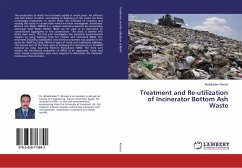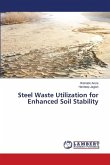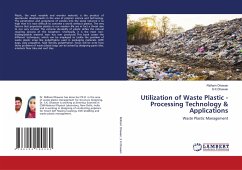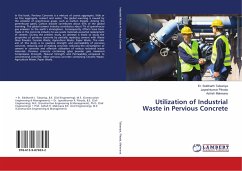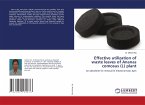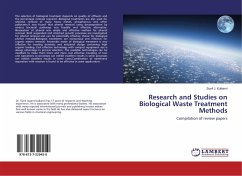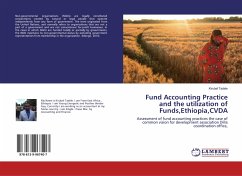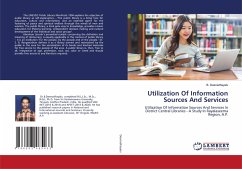The production of waste has increased rapidly in recent years. An efficient and safe means of either neutralizing or disposing of this waste has been increasingly researched. In recent times, the potential of recycling and reusing the waste in construction works has been investigated. Incinerator Bottom Ash Waste (IBAW) is a residual material produced by incinerating Municipal Solid Waste (MSW). IBAW can be used as an alternative to conventional aggregates in the construction. This work is divided into three main parts. The first part investigates the potential environmental impacts by using leaching tests for treated and untreated IBAW. The treatment including stabilization and chemical processes was applied in this study for IBAW by using different types of novel and traditional additives. The second part of the book aims at analysing the microstructure of IBAW material by using Scanning Electron Microscopy (SEM). The third part studies the mechanical properties of IBAW as an aggregate. Cyclic and static triaxial compression tests were adopted to determine the materials' mechanical characteristics.

